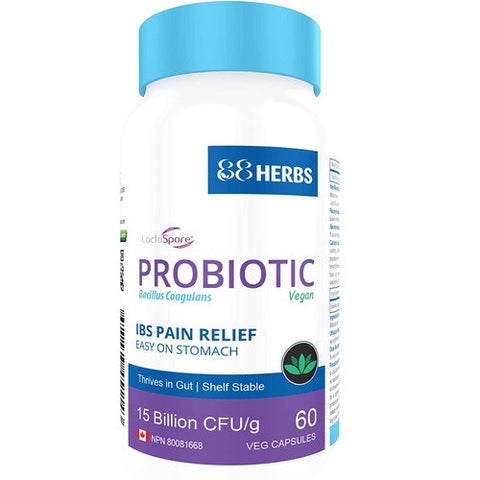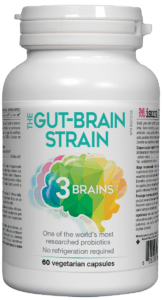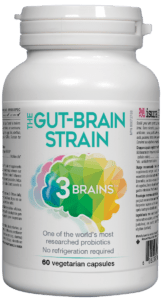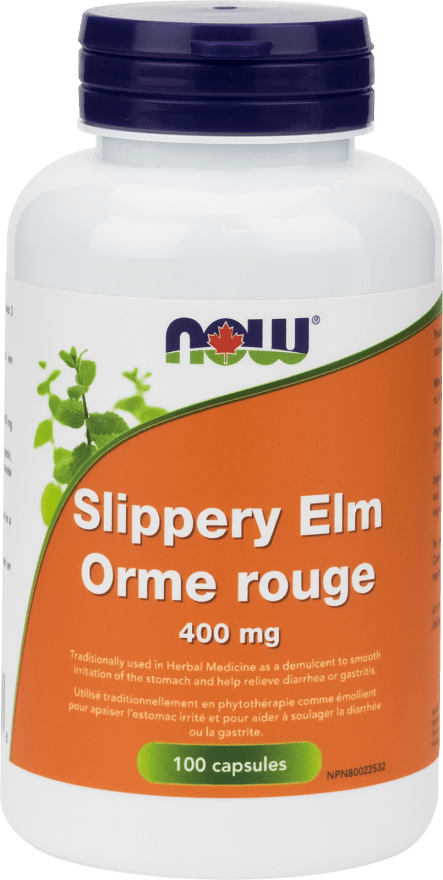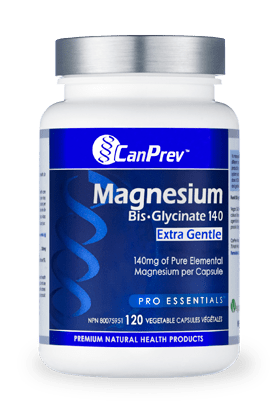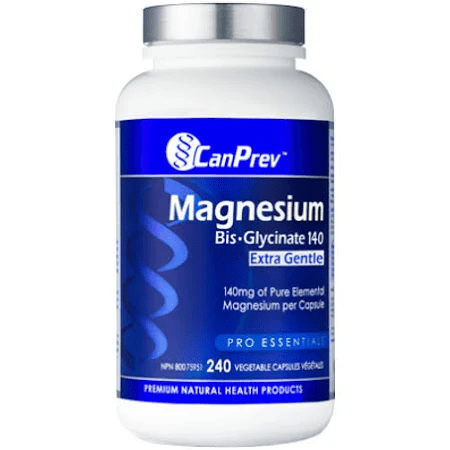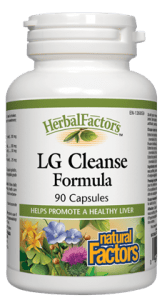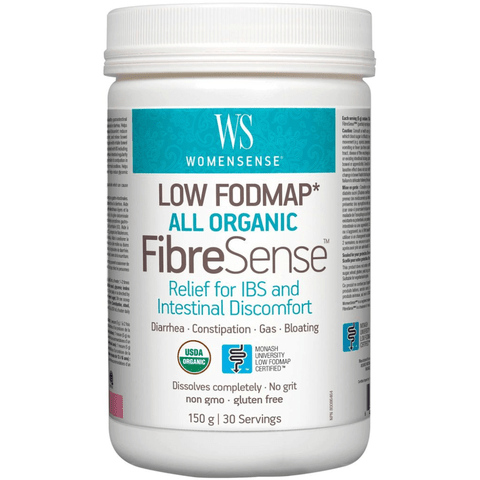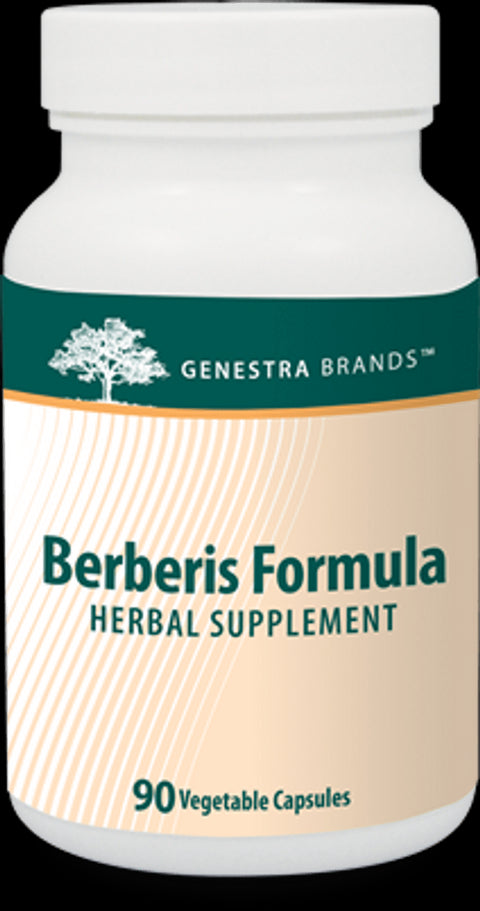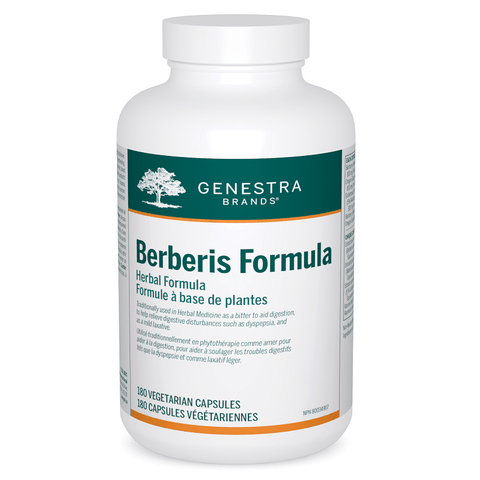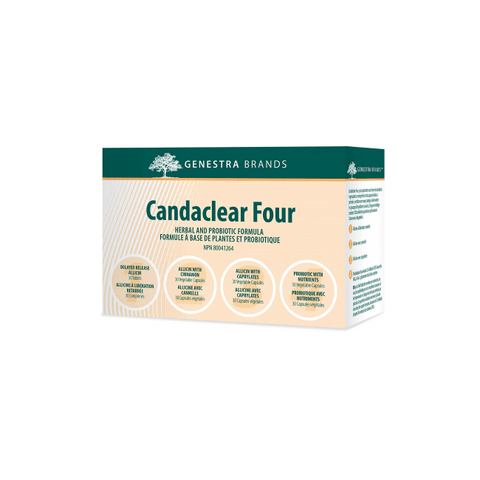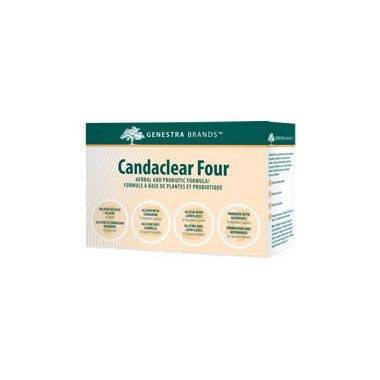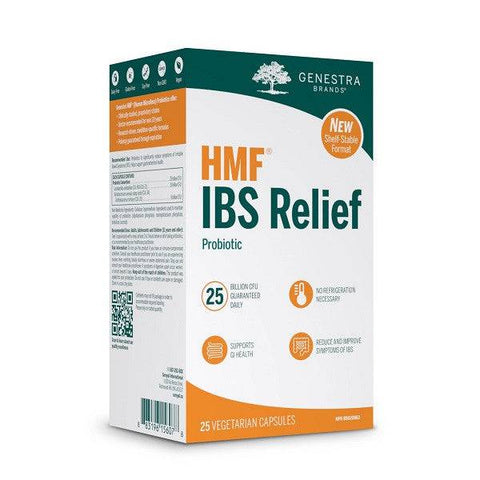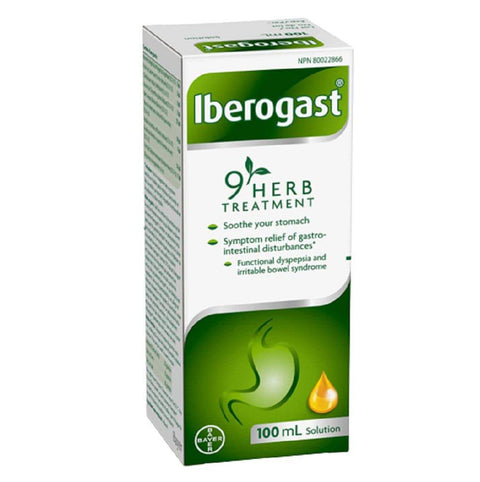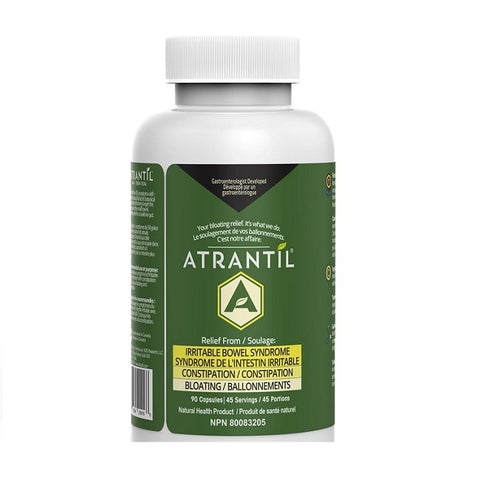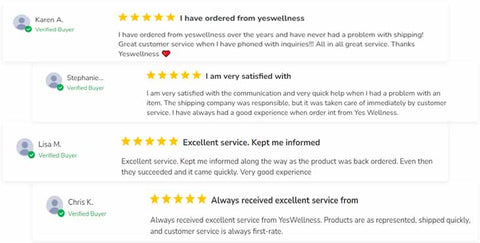Irritable bowel syndrome (IBS) and celiac disease are two digestive conditions that can cause similar symptoms, but require different approaches. There isn't a one-size-fits-all product for both, but there are options to manage symptoms for each:
IBS Products:
IBS is a chronic condition affecting the large intestine and causing symptoms like:
- Abdominal pain and cramping
- Bloating
- Gas
- Diarrhea or constipation
Management with Digestive Aids:
While there's no cure for IBS, certain products can help manage symptoms:
Fiber Supplements: These can add bulk to stool and promote regularity, potentially reducing constipation or diarrhea. They come in various forms like tablets, capsules, chewable options, and powders.
Antispasmodics: These medications can help relax muscles in the digestive tract, potentially relieving abdominal cramping. They typically come in tablet or capsule form.
Dietary Support:
A low FODMAP diet can be helpful for some IBS sufferers. FODMAPs are fermentable carbohydrates that can worsen IBS symptoms. A doctor or registered dietitian can help you determine if a low FODMAP diet is right for you.
Celiac Disease Products:
Celiac disease is an autoimmune disorder triggered by gluten, a protein found in wheat, barley, and rye. When someone with celiac disease consumes gluten, it damages the small intestine and hinders nutrient absorption. Symptoms can include:
- Diarrhea
- Abdominal pain and cramping
- Bloating
- Gas
- Weight loss
- Fatigue
Treatment with Gluten-free Products:
The only treatment for celiac disease is strict adherence to a gluten-free diet. This means eliminating all foods containing wheat, barley, and rye. There are many gluten-free alternatives available, including:
Gluten-free Bread, Pasta, and Cereals: Made with alternative flours like rice flour, corn flour, or almond flour.
Gluten-free Packaged Foods: Many pre-packaged foods are labeled gluten-free, but always double-check ingredients.
Important Considerations:
Consult a Doctor: Both IBS and celiac disease require a doctor's diagnosis to determine the appropriate course of treatment and product recommendations.
Dosage: For any medication or supplement, proper dosage is crucial. Always follow your doctor's instructions.
Symptom Relief, Not Cure: These products manage symptoms, not cure the underlying condition.
Remember, a doctor can provide personalized guidance on managing IBS or celiac disease based on your specific needs.

